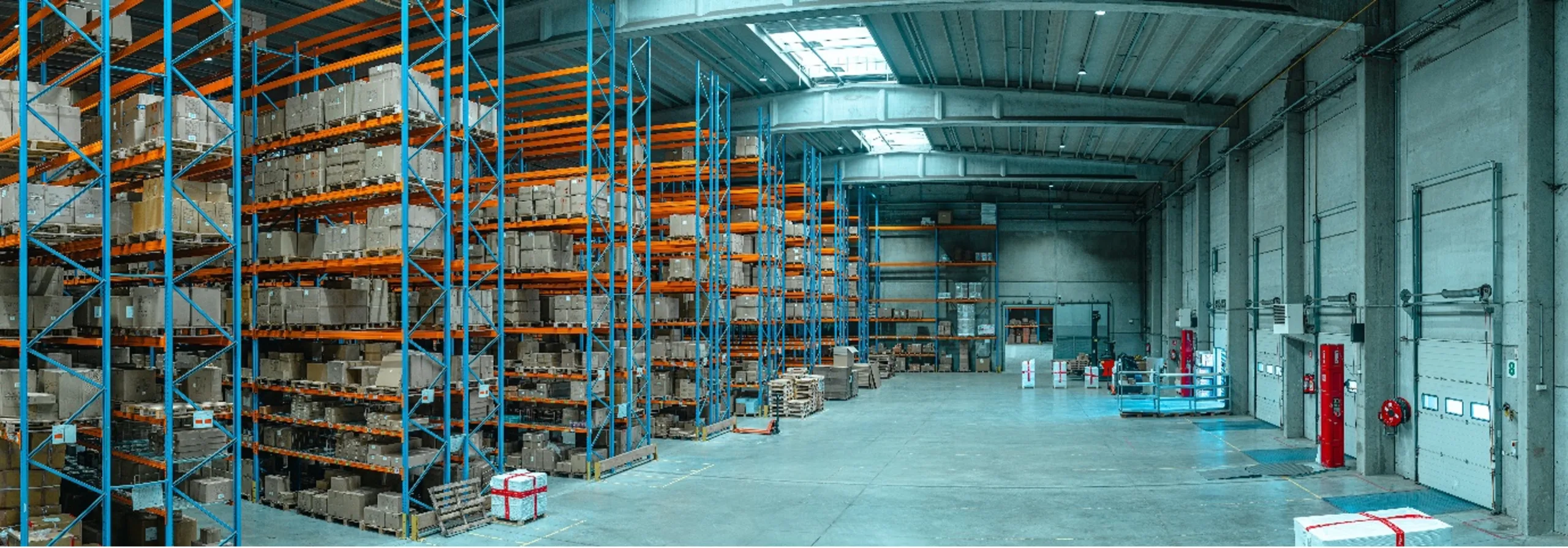The Impact of Industry 4.0 on Supply Chain Operations
Industry 4.0, which includes the integration of advanced technologies such as automation, the IoT, and artificial intelligence, is impacting supply chain operations in many ways. The benefits of moving to a completely automated, digital, and networked supply chain are enormous, even if it will take a lot of work and time. Supply chain optimisation can help businesses achieve the next level of operational excellence and experience significant cost savings. Here, we go through how supply chain operations are made more effective by digitisation:

What is Industry 4.0?
The fourth industrial revolution, alternatively known as Industry 4.0, has begun. This revolution has seen the use of smart machines and factories and now informed data assists in the production of goods to be more profitable in the value chain. Increased flexibility helps supply chain members to use mass customisation to better satisfy client requests, eventually aiming to maximise efficiency with an individual lot size. A smart factory can accomplish greater transparency and improved choices by collecting and using more data from the production floor and using it with other company operational data.
The benefits of Industry 4.0
Industry 4.0 is quickly changing how critical corporate operations are managed. No area of business is untouched by digitalisation, which is supported by innovative new technologies like IoT, AI, big data and analytics, machine learning, automation and robots, cloud computing, blockchain, 3D printing, etc. Supply chain management, which is now more complex than ever, will gain a lot from turning digital. Here are the benefits of Industry 4.0:

- Transparency
Dozens of suppliers may be active participants in a company’s worldwide supply chain. End-to-end transparency and real-time asset tracking are essential in these situations since any flaws in supply chain risk management can result in mishaps, lost sales, and unneeded expenses. By going digital, businesses can track the whole supply chain in real-time, including determining the precise location of commodities. By combining the IoT data with alerts from supply chain members, sophisticated solutions make inventory tracking simple.
- Improved decision making
By examining data, sophisticated machine learning algorithms improve the accuracy of demand predictions for a specific product. In addition, they offer probability distributions for the amount of anticipated demand rather than just a single prediction figure. This enables businesses to estimate the supply chain’s upside possibilities along with downside dangers and make appropriate plans. More accurate demand forecasting aids businesses in inventory optimisation, which lowers costs.
- Warehouse management
The potential of warehouse management can be greatly enhanced by digitalisation. Sensors, for instance, can follow products in real-time and precisely estimate the time it will take a shipment to arrive. On-time collection and delivery are ensured by such real-time surveillance. A product’s precise location can be predicted using RFID technology. Managers can spend less time giving workers location-based directions because of this precision. Additionally, fewer labour hours are used for each order. Plant managers may easily control the worldwide movement of inventories in this manner.
Entering the supply chain field
A supply chain degree can give students the understanding to manage and optimise supply chain operations in an Industry 4.0 context. If you are a prospective supply chain operations manager, you should apply for the Bachelor of Commerce (BCom) in International Supply Chain Management at the IMM Graduate School. The Bachelor of Commerce in International Supply Chain Management comprises several modules, all of which have been deliberately synergised to provide students with a world-class supply chain management and business qualification.

In Conclusion
Industry 4.0 may be an intimidating frontier for many supply chain professionals but it has proven to be extremely beneficial and lucrative for all members of the supply chain. To take advantage of Industry 4.0, prospective supply chain professionals should get the proper degree behind their names.
